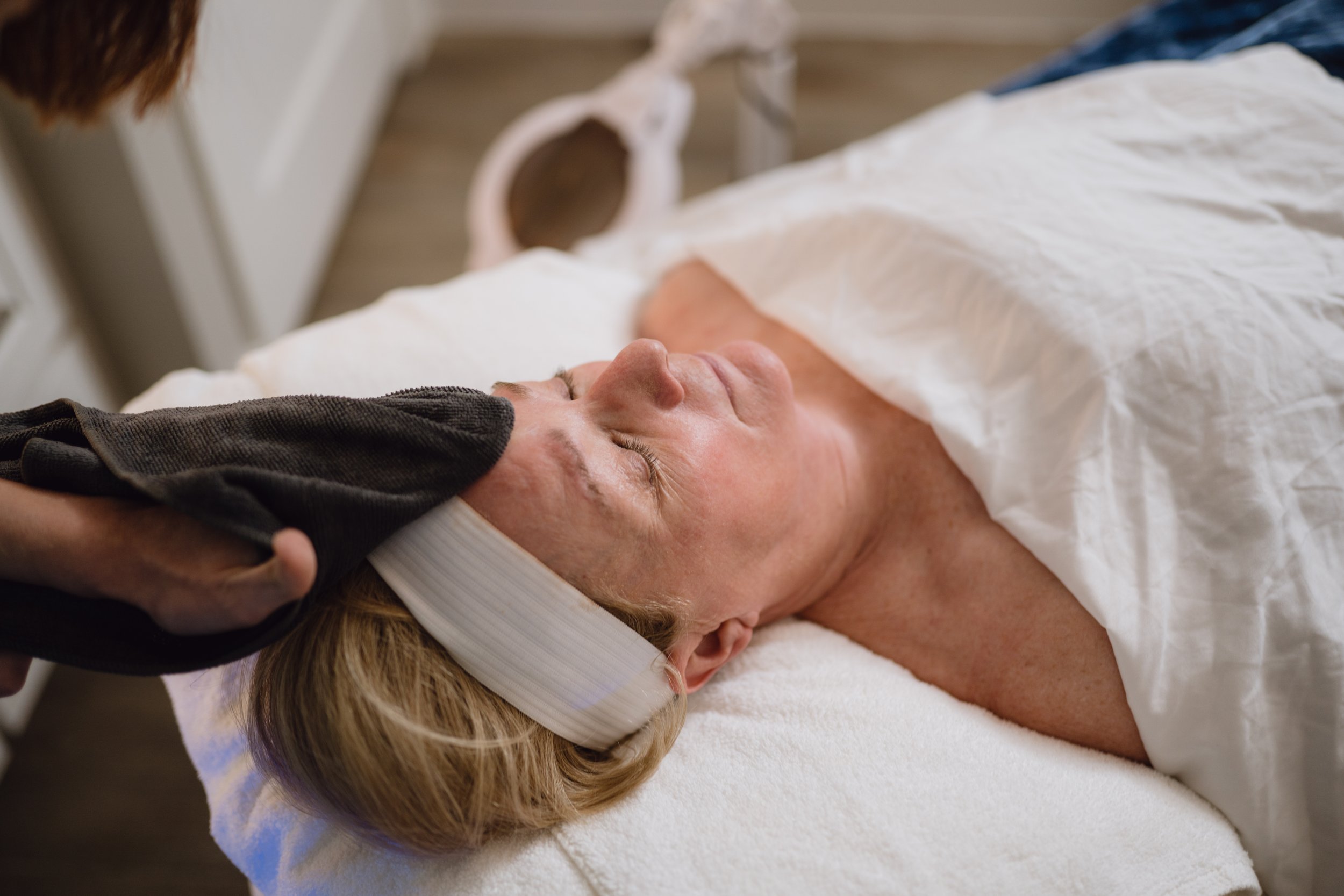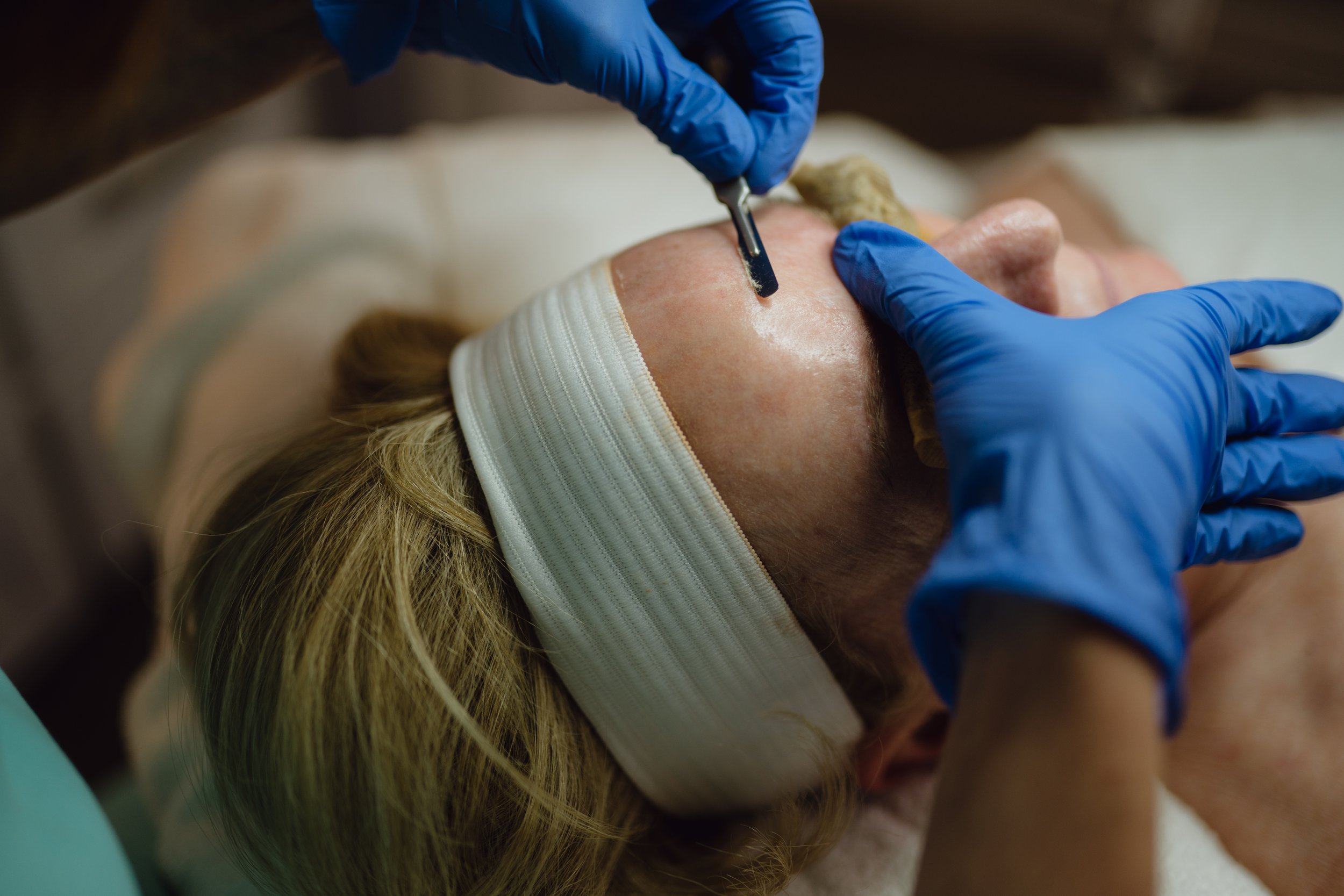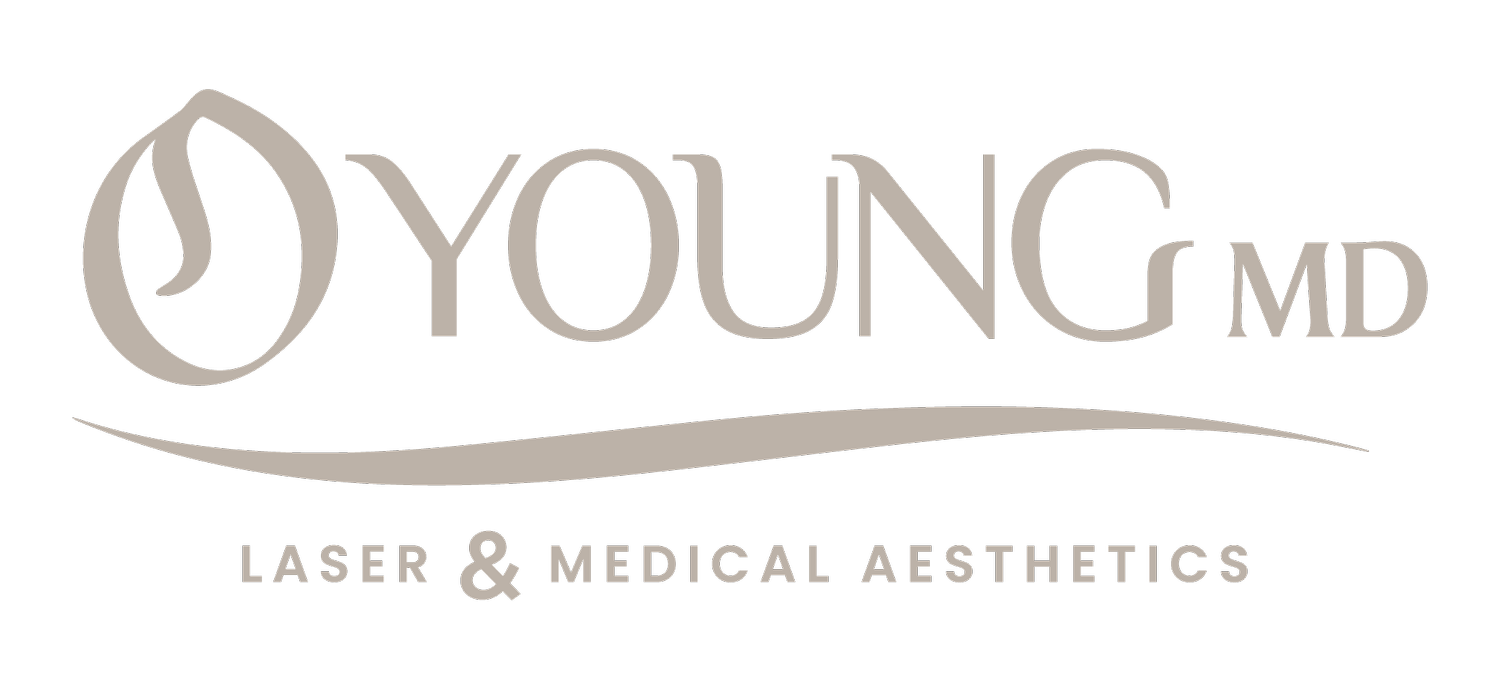
Our Medical-Grade Chemical Peels in Kerrville, Texas
Our Approach When Choosing Your Peel
We know skin. We love skin. We are invested in our clients’ skin health, after all, our skin is the largest organ in the body and it is exposed daily to pollutants, UV Rays, and genetic factors that cause free radical damage, and premature aging. After a skin analysis, our team will discuss treatment options and develop a clinical skin health plan for results-driven treatments that will improve your skin’s health and appearance. Our intention is your skincare goal – your skin tells a story, and we want it to be a beautiful one.
Our Chemical Peel Lines
Our Chemical Peels
Are Safe For All Skin Types & Tones
Results In As Little As 7 Days
Lift Pigment
Remove Sun Damage
Alleviate Acne & Scarring
Fight Fine Lines & Wrinkles
What Are The Different Types Of Chemical Peels?
Chemical peels are categorized by how deeply they penetrate the skin: superficial, medium, or deep. The type and depth of chemical peel administered will depend on your skin type, concern, Fitzpatrick type, and skincare habits.
Superficial peels penetrate only the uppermost layer of the epidermis. It is often performed in a series to treat fine lines and wrinkles around the mouth and eyes. In addition, it has little to no downtime after the procedure and is capable of gently exfoliating all types of skin, especially those with sensitive skin. Superficial peels can help reduce acne blemishes and help prevent future breakouts.
It is more effective to use a medium-depth peel for patients who have moderate skin damage, such as age spots, freckles, or actinic keratoses. Laser treatments are often used in conjunction with it to maximize effectiveness.
A deep chemical peel affects the skin down to the dermal reticular layer. Today, deep chemical peels are rarely performed with phenol because laser technology can deliver better results with less discomfort after the procedure.
When Should You Come In For Chemical Peels?
Depending on the depth and concentration of a chemical peel, when and how often it is administered will vary. An ongoing monthly skin care program can include superficial peels. It is generally recommended to perform medium depth peels in three to six sessions every six months, while deep peels only need to be done every year or two. It is recommended to have a professional medical aesthetician perform any peel series on you.
Chemical peels exfoliate the skin, making it more vulnerable to environmental aggressors immediately following treatment. Daily and diligent application of a broad spectrum sunscreen is essential. A skincare professional might also suggest an at-home skincare routine to help you maintain your chemical peel's results.
In times of increased UV exposure, deep chemical peels are not recommended, as they can result in increased sun sensitivity. Chemical peels or lighter exfoliating agents are preferred, during seasons of increased UV exposure.

Schedule A Consultation To See What Chemical Peel Is Right For You!
Pair your Chemical Peels with at-home skincare!
We are invested in our clients’ skin health, which is why have hand-picked a range of top-notch skincare products to carry!






